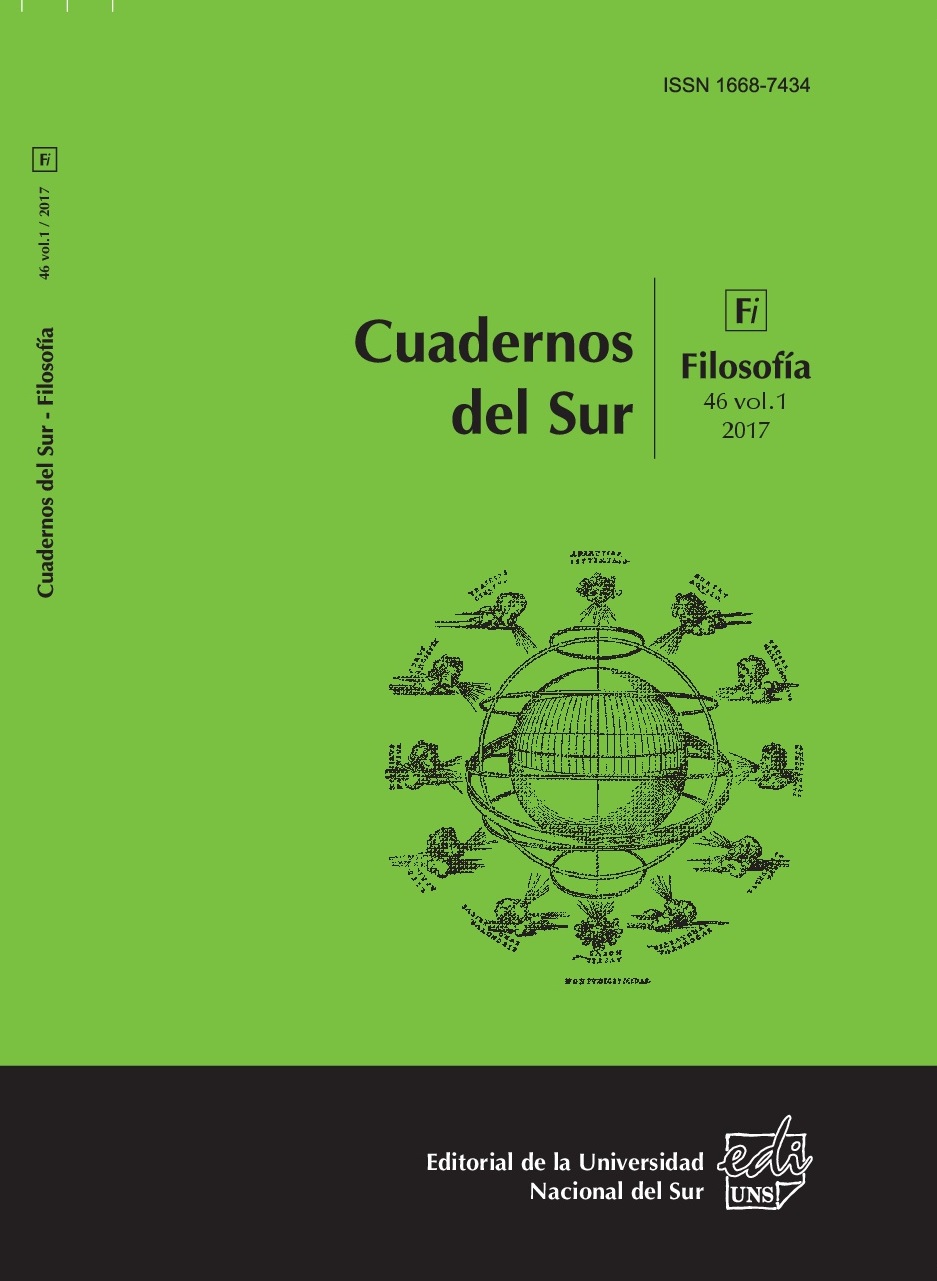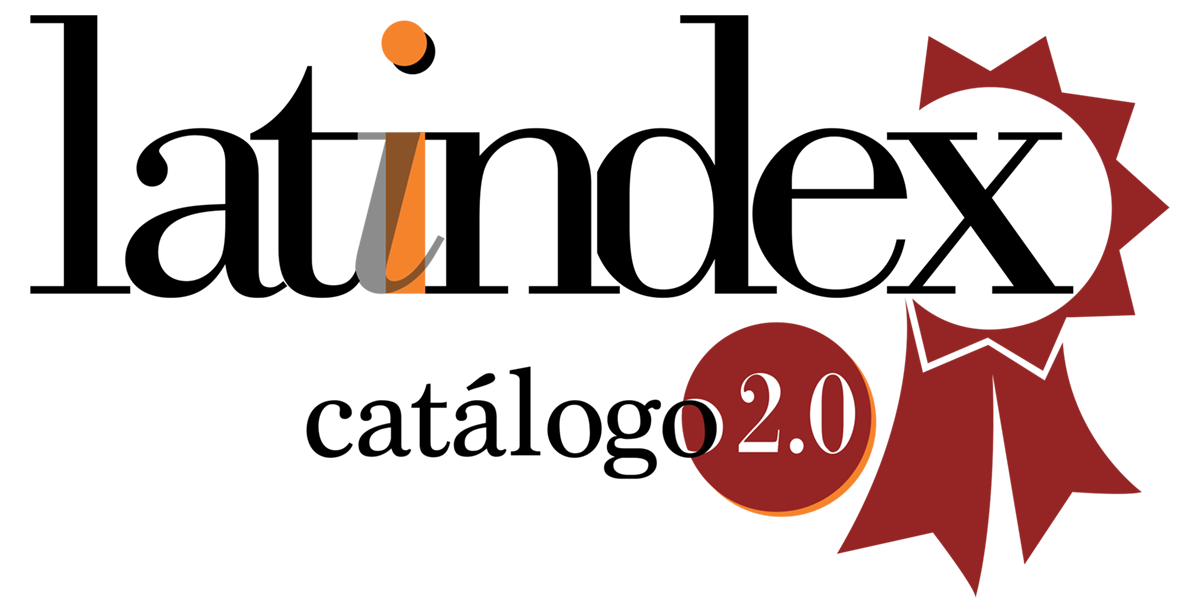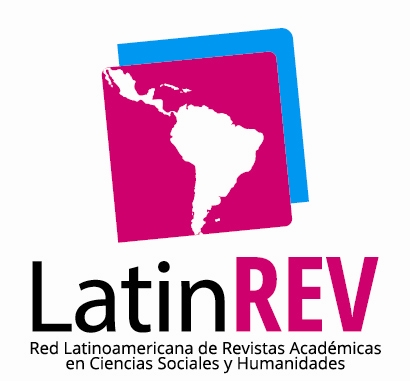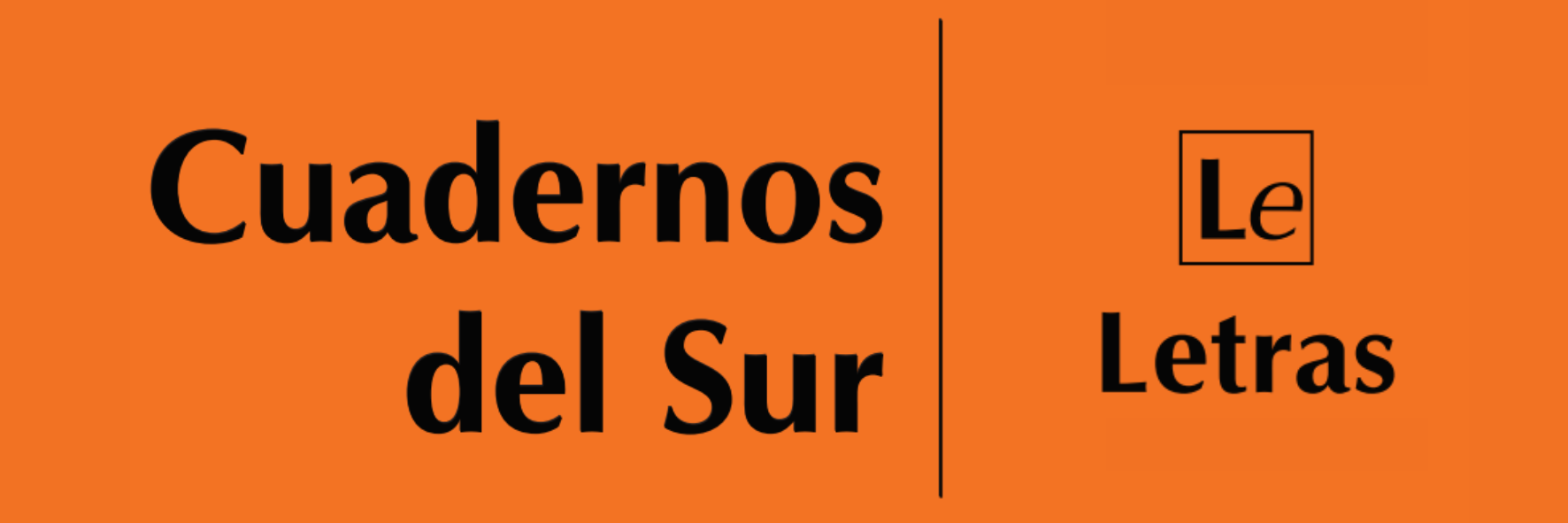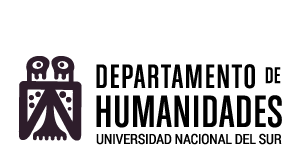Vicente Fatone: el juego a lo divino
Keywords:
Vicente Fatone, Philosophy, negationAbstract
The thought of Vicente Fatone is unfairly neglected among the intellectual studies of our country. The causes, as well as the depth of his thinking, perhaps lie in the formal difficulties that are intrinsic to his work, together with the fact that he was not affiliated with any orthodox philosophical school. His interests and productions covered the study of a wide range of subjects, including the critical analysis of a wide variety of philosophies and thinkers. Among his fundamental interests, one can distinguish cognitive, logical, anthropological-existential, and ethical-religious topics, the Eastern philosophy –which he knew in-depth– and the fundamental issue of mysticism. In this paper we will discuss three important works of Fatone, which cover many of these representative issues; that would allow us to delineate his particular existential and philosophical positioning with some precision. Our thesis is that there is a systematic key of conceptual articulation, whose explanatory basis lies in the concept of denial, every time it will allow it to reconcile the mystic with the logic, identify what is essential for the freedom of man, characterize the divine nature and delimit the open ways to the encounter of man with God.
Downloads
References
Del Barco, Oscar (2009), “Prefacio”, en Fatone, Vicente, Mística y religión, Córdoba, Universidad de Córdoba y Editorial Las Cuarenta, pp. 9−32.
Farré, Luis (1958), 50 años de filosofía en Argentina, Buenos Aires, Peuser.
Galasso, Norberto (2008), Cómo pensar la realidad nacional. Crítica al pensamiento colonizado, Buenos Aires, Colihue.
Goicochea, Guillermo (2010), “Estudio preliminar”, en Fatone, Vicente, Extremismo y “nihilismo” en la filosofía oriental, Bahía Blanca, 17 Grises, pp. 11−22.
Hoagland, Mahlon (1985), Las raíces de la vida: genes, células y evolución, Barcelona, Salvat.
Kierkegaard, Sören (2006), El concepto de la angustia, Buenos Aires, Libertador, [1844].
Korn, Alejandro (1963), La libertad creadora, Buenos Aires, Claridad, [1922].
Laudato, Ricardo (diciembre de 2003), “Vicente Fatone: una sonrisa arcaica (en el centenario de su nacimiento)”, [disponible en: http://www.ensayistas.org/filosofos/argentina/fatone/introd.htm].
Ludueña, Ezequiel (07 de abril de 2007), “Semblanza: Vicente Fatone”, Suplemento “Ñ” – Clarín, pp. 14-15.
Massuh, Víctor (1964), “Vicente Fatone, el hombre y el filósofo”, Sur, nº 6, pp. 63-68.
----- (1989), “La libertad mística de Vicente Fatone”, en Páginas de Víctor Massuh (seleccionadas por el autor), Buenos Aires, Celtia, pp. 224-228.
Meister Eckhart (1982), “Del hombre noble”, en Los Tratados, Buenos Aires, Del Peregrino, pp. 155-165.
Zucchi, Hernán (1981), “Mística y religión en Vicente Fatone”, Cuadernos del Sur, nº 14, pp. 33-41.
Downloads
How to Cite
Issue
Section
License
Copyright (c) 2018 Jonathan Georgalis

This work is licensed under a Creative Commons Attribution-NonCommercial 4.0 International License.
Aquellos autores/as que tengan publicaciones con esta revista, aceptan los términos siguientes:- Los autores/as conservarán sus derechos de autor y garantizarán a la revista el derecho de primera publicación de su obra, el cuál estará simultáneamente sujeto a la licencia Atribución-No Comercial 4.0 Internacional CC BY-NC 4.0.
- Los autores/as podrán adoptar otros acuerdos de licencia no exclusiva de distribución de la versión de la obra publicada (p. ej.: depositarla en un archivo telemático institucional o publicarla en un volumen monográfico) siempre que se indique la publicación inicial en esta revista.
- Se permite y recomienda a los autores/as difundir su obra a través de Internet (p. ej.: en archivos telemáticos institucionales o en su página web) una vez publicado su trabajo, lo cual puede producir intercambios interesantes y aumentar las citas de la obra publicada. (Véase El efecto del acceso abierto).

